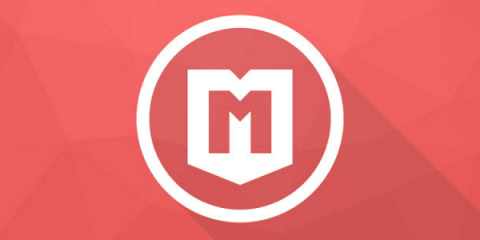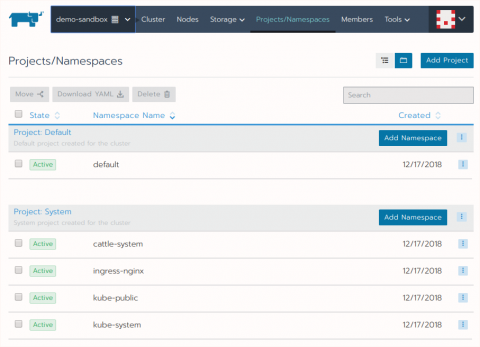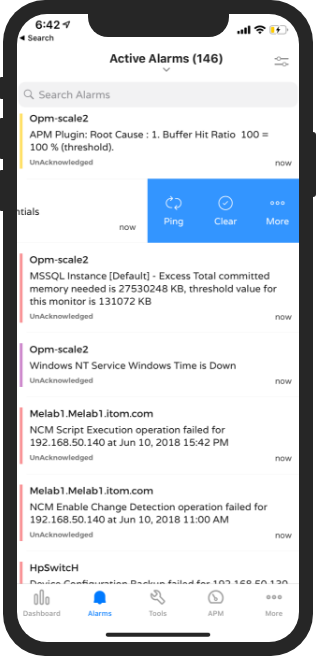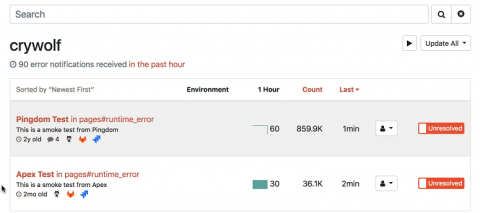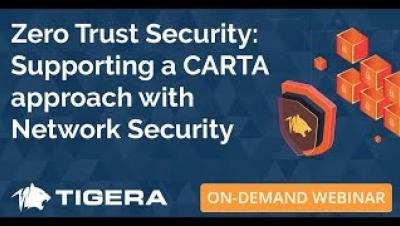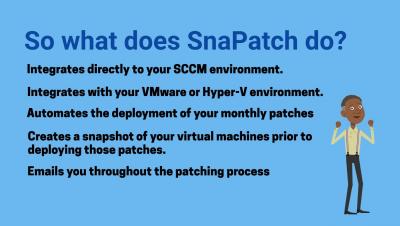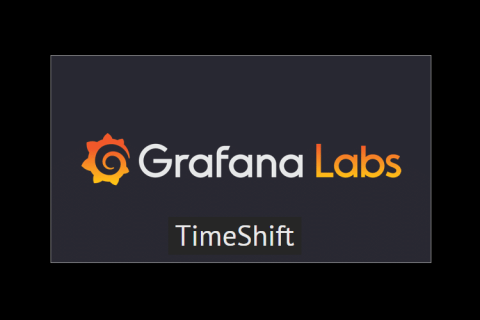Minimalism in business
Even after being in business for 9 years, I still wanted to keep everything: every email, every note, every design draft or mockup — all the small things that helped Monitive evolve into what it is today. Storage is not an issue these days, and by the looks of where technology is headed, that trend will not change anytime soon. There’s just one catch.


